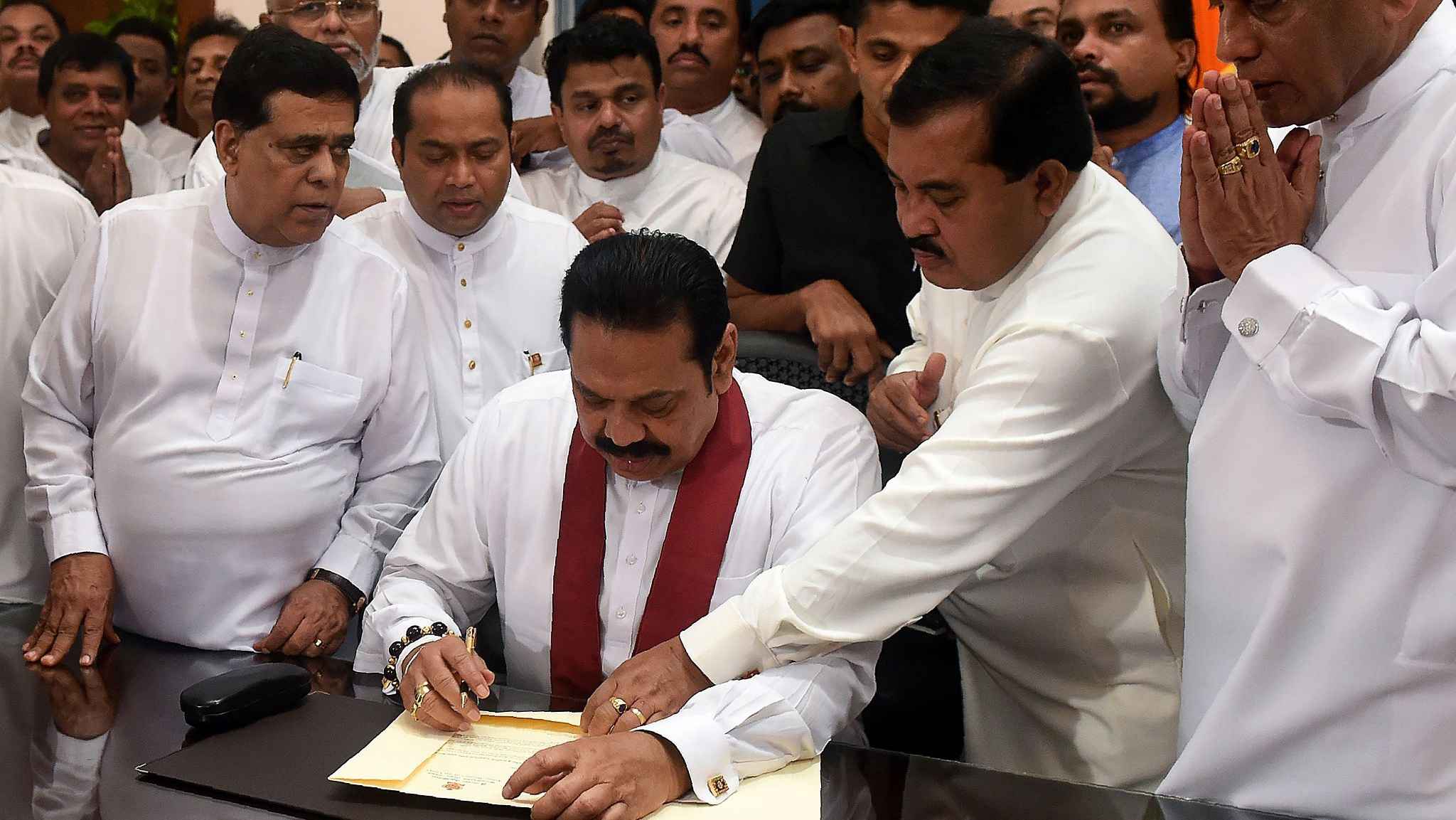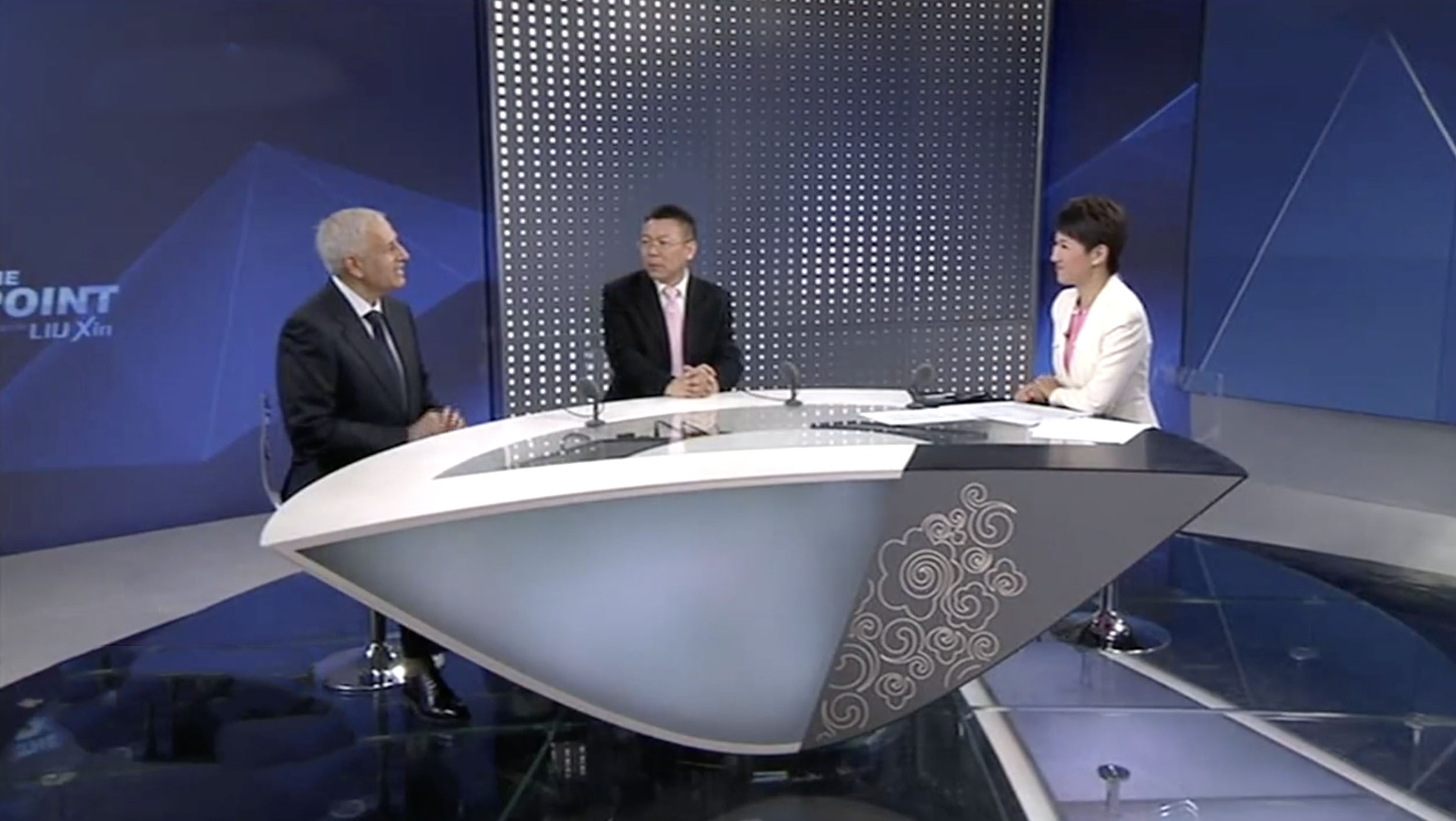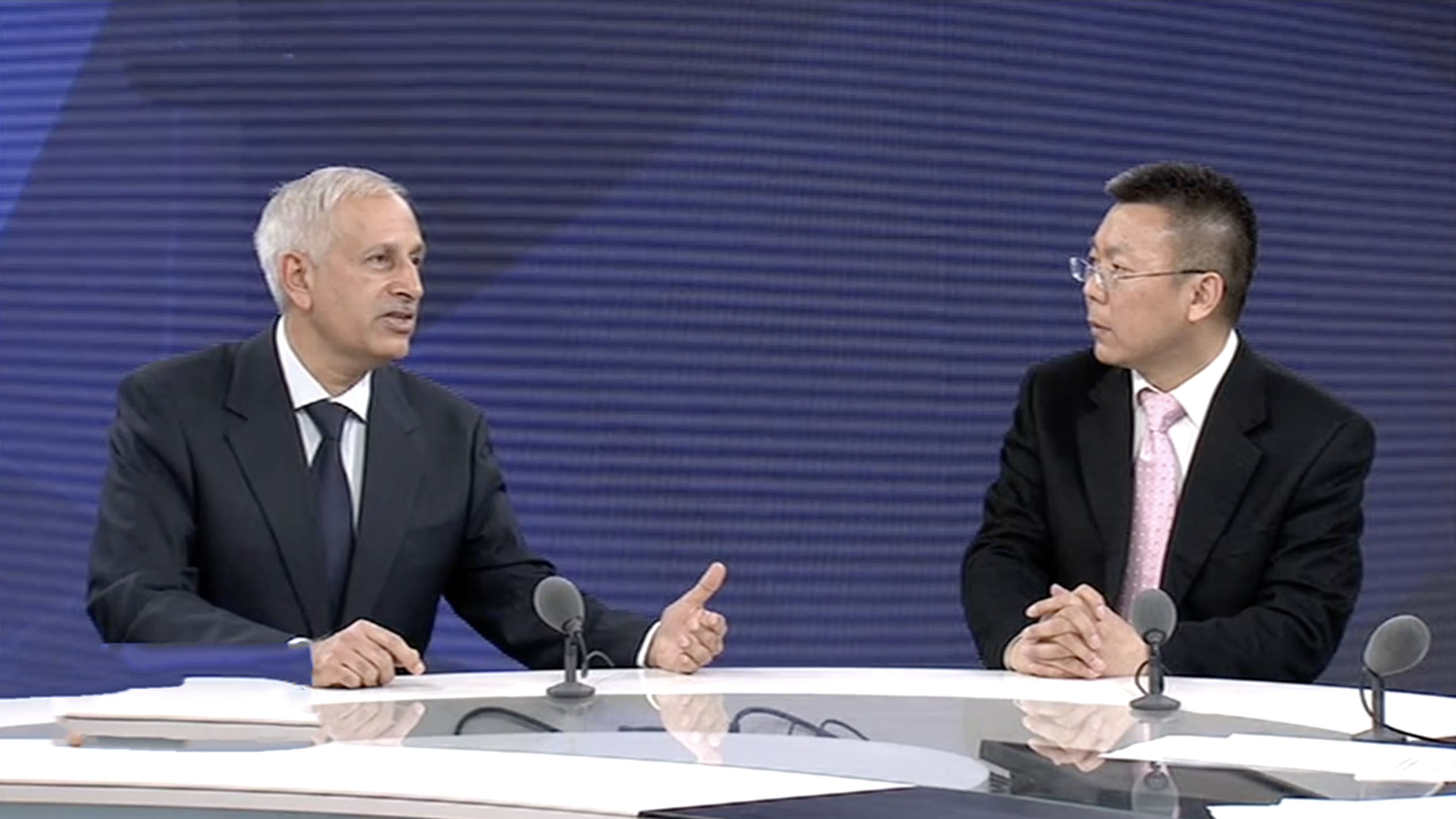
Opinions
22:28, 01-Nov-2018
Opinion: How do China and India view Sri Lanka’s political crisis?
Updated
22:17, 04-Nov-2018
CGTN’s The Point

“China respects the sovereignty of Sri Lanka…We are calling for dialogue among different parties to solve their own problems,” said Xu Qinduo, a senior fellow at the Pangoal Institution.
His comments came after a political crisis unfolded in Sri Lanka where two politicians have claimed to be the rightful prime minister.
Sri Lanka's president, Maithripala Sirisena, sacked the country's prime minister, Ranil Wickremesinghe, on October 26, and appointed the former president, Mahinda Rajapaksa, as the new prime minister.
Wickremesinghe called the decision to dismiss him “unconstitutional” and refused to step down.
Some analysts have called this a crisis between factions within Sri Lanka who support China (led by Rajapaksa) and those who support India (Wickremesinghe).
01:02

“To name a certain candidate and brand him as something, I think that's over-simplistic,” said Atul Aneja, associate editor of The Hindu. “I don't think there is a clear binary that Rajapaksa—China, Wickremesinghe—India. It's not so straightforward. Rajapaksa visited India just very recently. He met Prime Minister [Narendra] Modi and gave a number of interviews to Indian media, saying that this impression that he is pro-China is wrong,” said Aneja.
Aneja added that both Rajapaksa and Wickremesinghe care for their country. Xu echoed his views, saying that the considerations of both leaders start from the interests of Sri Lanka.
02:07

Both Xu and Aneja thought maintaining regional stability served the interests of both China and India, and that China and India should try to carry out a “China-India Plus” model in regional cooperation.
Chinese President Xi Jinping held an informal meeting with Indian Prime Minister Modi in Wuhan, China in April. "We hope that both countries can continue to implement the consensus between the two leaders, explore other cooperation models like 'China-India Plus One' or 'China-India Plus X' so as to realize win-win cooperation for China and India, and for the peace and stability in the region," said Geng Shuang, spokesperson for China's Foreign Ministry.
“If there is an area of common interest, let India and China first talk to each other and coordinate their positions with the third country. There has to be an understanding with the third country,” concluded Aneja.
(If you want to contribute and have specific expertise, contact us at opinions@cgtn.com.)

SITEMAP
Copyright © 2018 CGTN. Beijing ICP prepared NO.16065310-3
Copyright © 2018 CGTN. Beijing ICP prepared NO.16065310-3